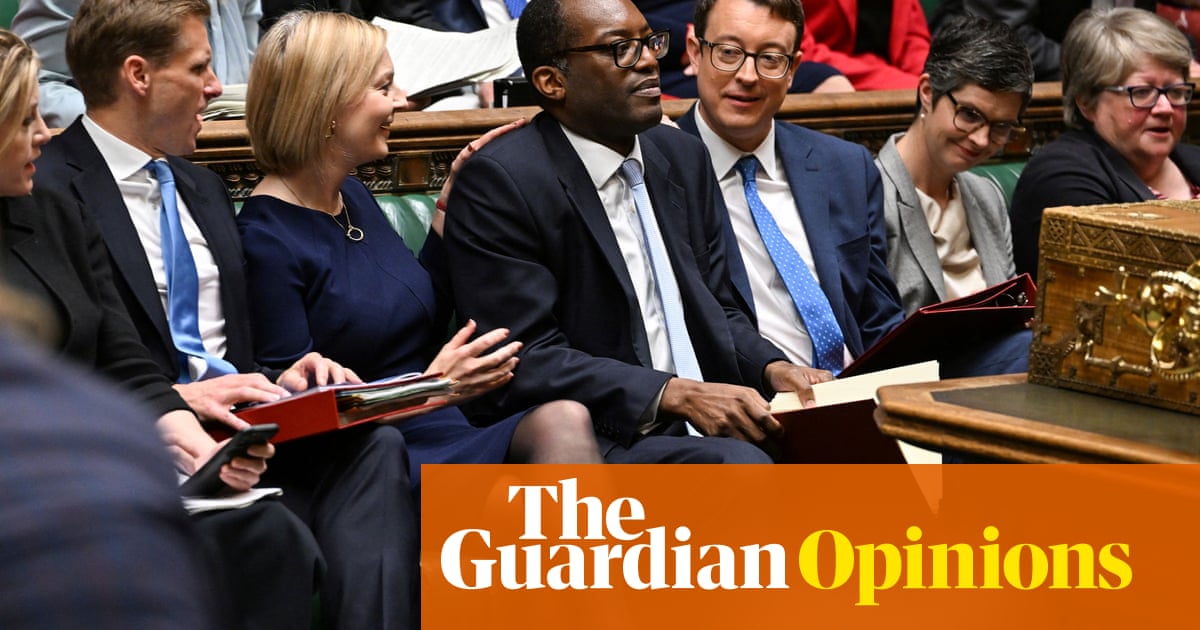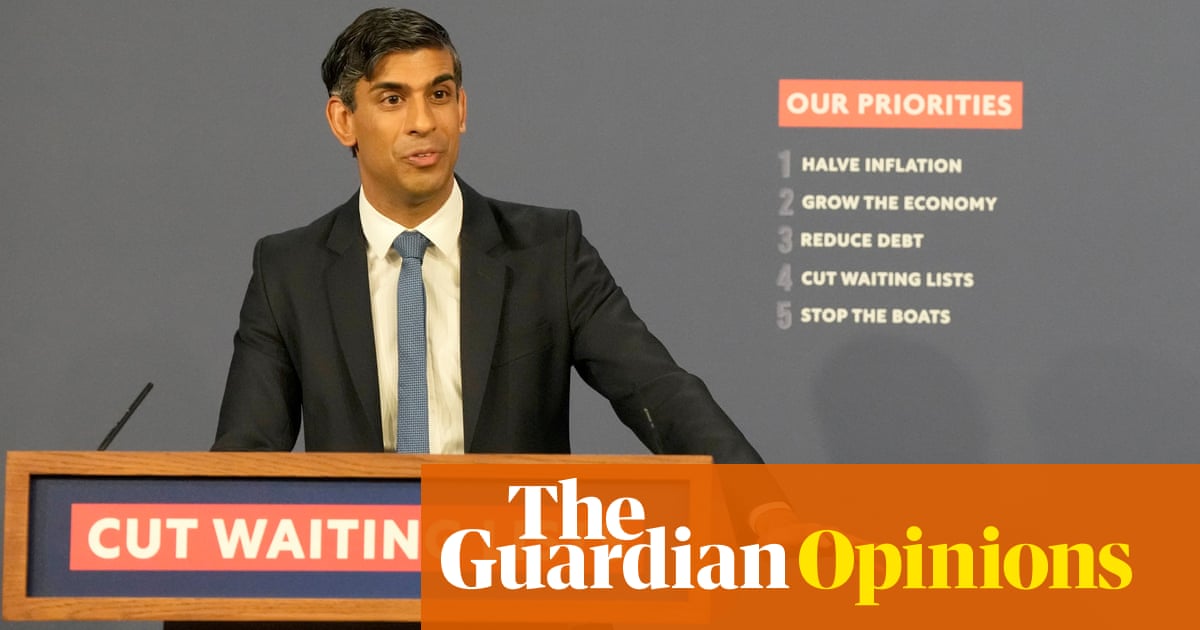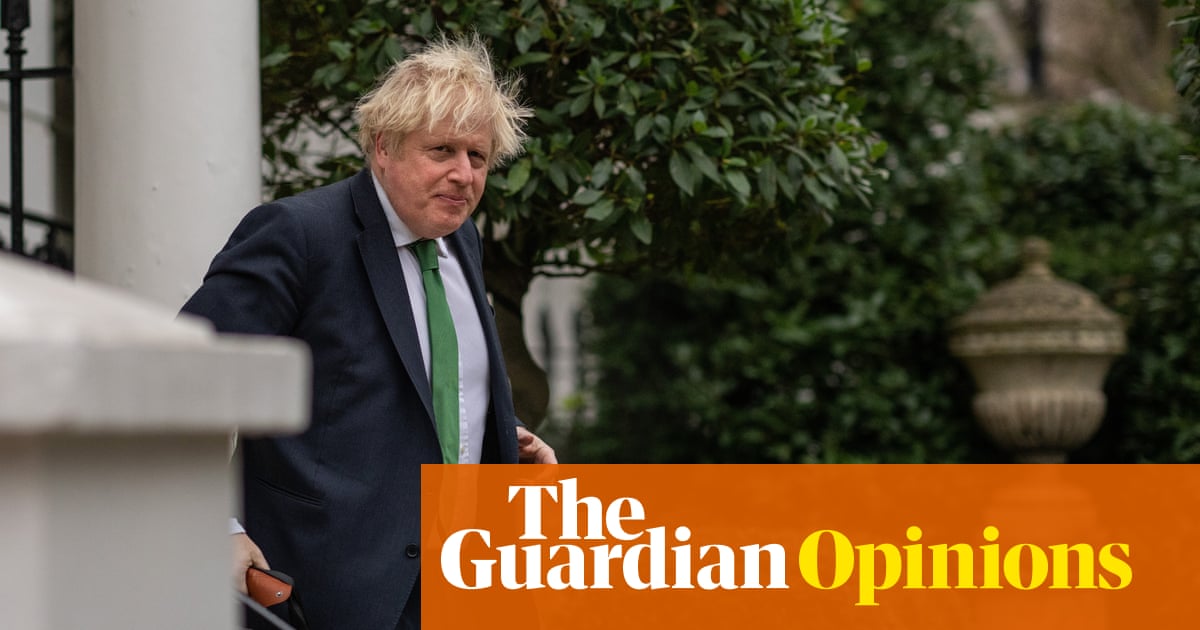
It’s generally agreed that the last dozen years have been some of the most turbulent in our modern history. So much has changed or been called into question: our climate, the cost of living, the state’s ability to protect us, capitalism’s ability to spread prosperity, the continuation of the United Kingdom, our relationship with Russia and the EU, even our sense that we can be a functional society. To an extent that was almost inconceivable in 2010, when the Conservative-Liberal Democrat coalition took office, this has become a different country.
Some politicians have tried to adapt. Labour has moved leftwards and then back towards the centre. The Lib Dems have moved rightwards, supporting Tory austerity, and then become more hostile to the Conservatives under Ed Davey. The SNP has become more assertive in its push for independence. Meanwhile some Tories, such as Boris Johnson and Theresa May, have at least talked about governing in new ways, by “levelling up” or helping the “just about managing”.
Yet one group of politicians, who have gradually become the most powerful in the country, and are about to become our rulers, whoever wins the Tory leadership contest, have seemingly not adjusted their thinking at all amid the chaos and flux. As a result, we may face our worst peacetime crisis since the 1930s under a government with a disastrously out-of-date worldview.
Eleven years ago, five Tory MPs first elected in 2010 – Liz Truss, Kwasi Kwarteng, Dominic Raab, Priti Patel and Chris Skidmore – set out this worldview in a now largely forgotten book, After the Coalition: A Conservative Agenda for Britain. “The future of Britain’s prosperity lies in … free market values,” declared its introduction. Taxes should be cut, “the ‘handout’ culture” should be ended, and “Britain should seek to regain control” from the EU, and negotiate “its own trade deals”. If these steps were taken, the book concluded, “Britain’s relative decline … is not inevitable”.
In its optimism and broad-brush solutions, its combativeness and air of utter conviction, the book now reads just like a leadership race speech by Truss. It also prefigures many of the promises currently being made by her rival, Rishi Sunak, who became an MP five years later than the Tory class of 2010 but shares much of their outlook. While Truss has become known for sometimes dressing and posing exactly like Margaret Thatcher, last month Sunak told the Telegraph: “My values are Thatcherite.”
When Truss and Sunak first began promoting that version of Conservatism in the 2010s, it was already showing its age. Thatcher’s heyday had been a quarter of a century earlier. Much more recently, the 2008 financial crisis had discredited deregulated capitalism. And then came the stagnant wages and regional decline of the 2010s: problems serious enough to persuade May and Johnson that a Conservative government could no longer just be about liberating business and confining the state.
Yet though Truss, Sunak, Raab, Patel, Kwarteng and Skidmore all served in these mildly heretical Tory governments, and could easily have noticed that British free market capitalism was in difficulties, they never renounced the Thatcherite faith. Why not?
One answer is that May and Johnson’s economic rethinks rarely produced more than rhetoric. Their governments remained good places for economic rightwingers to build careers. Another answer is that the rightwing press – which has become even more important for the Tories as newspaper readerships and Conservative voters have aged – remains essentially Thatcherite in its economic assumptions. In its pages, unions and regulation are nearly always bad, and shareholders and homeowners are the interest groups that matter.
Meanwhile, Toryism increasingly values politicians who refuse to change direction, and instead become more dogmatic – who “double down”, as political reporters often admiringly put it. The success of the leave campaign, built on decades of stubbornness and escalation, has helped make rigidity seem a virtue. The fact that the Conservatives have not lost a general election for 17 years, despite how detached they have often seemed about Britain’s alarming socioeconomic shifts, has convinced many Tories that fresh thinking is a luxury they don’t need. Since 2010, a greater and greater proportion of the party’s supporters have been people who grew up under Thatcher, and who probably still see her governments as the gold standard.
Much of the party’s funding also comes from people who want Thatcherite policies to continue. Hedge funds, private equity firms and property developers tend to favour looser regulation, and are often not hugely concerned about the social consequences of their working practices. The government has prioritised these interests, through housing market subsidies and plans to further deregulate finance, while increasingly neglecting other businesses, such as the many small manufacturers and exporters being steadily choked by Brexit.
It’s hard to think of a modern precedent for the broader problems Britain now faces: much of the population and the state in deep financial trouble, while the governing party – if that’s not too generous a description – becomes less, rather than more, flexible in its thinking. When the financial crisis happened, Labour had been in power for a similarly long time; but by then it had become increasingly self-doubting and prepared to change its policies, as Gordon Brown’s largely improvised rescue of the banking sector demonstrated. Even Thatcher could be less conventionally rightwing in a crisis than her disciples like to think. During the recession of the early 1980s, she allowed her chancellor Geoffrey Howe to raise taxes – the opposite of Truss’s promised approach.
When the Tories finally deign to give us a new premier, Truss or Sunak might surprise us. As chancellor, Sunak’s response to the pandemic did temporarily break with the free market dogma that economic hardship should be largely for individuals rather than the state to solve. Yet that transgression, partly because it involved raising taxes, is one of the reasons that he trails Truss in Tory membership polls.
She has a history of occasional big U-turns, over Brexit and even her choice of party. But they are in the fairly distant past. Her more enduring attitudes, exemplified by the recording leaked this week of her saying that British workers needed to show “more graft”, are of the Norman Tebbit school: Tory governments are meant to toughen us up.
Such an approach amid an economic catastrophe could lead the Conservatives to a heavy election defeat. But that outcome would also require many more voters to realise how old-fashioned the party has become. Until a large part of the electorate finally renounces Thatcherism, too, her disciples will march on.
Andy Beckett is a Guardian columnist












